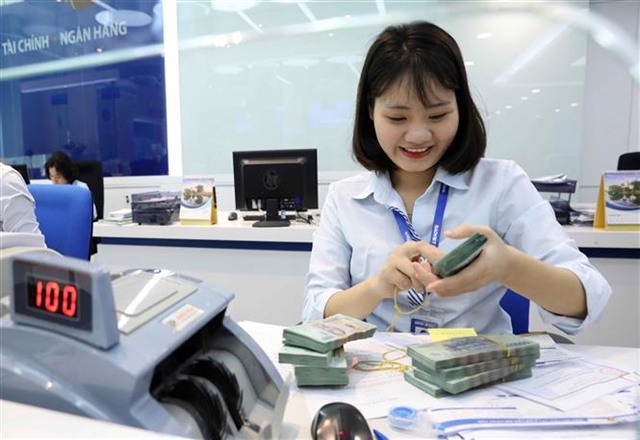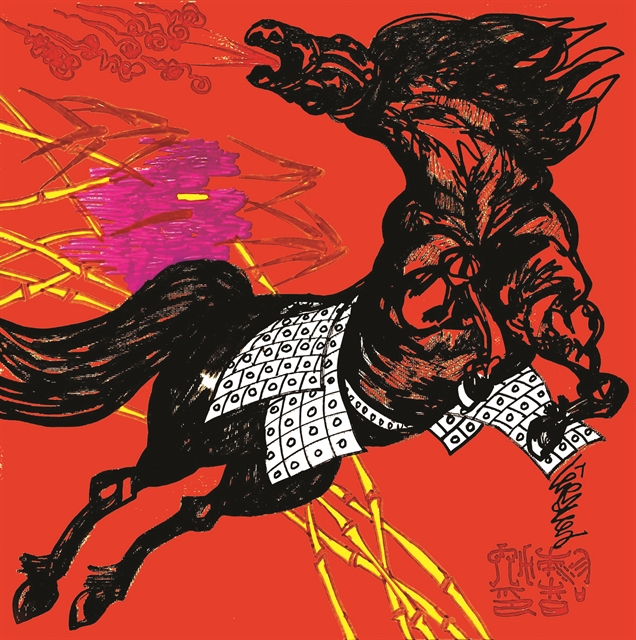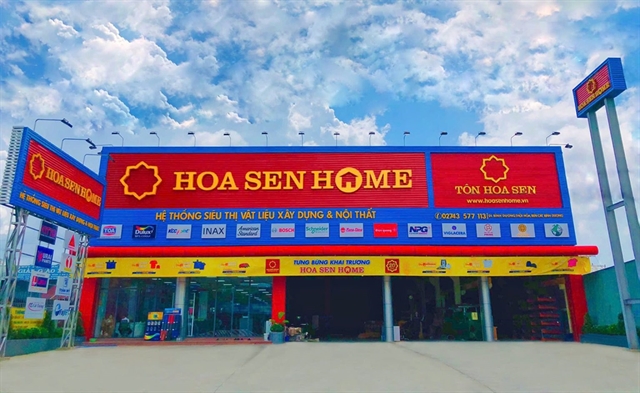 Environment
Environment
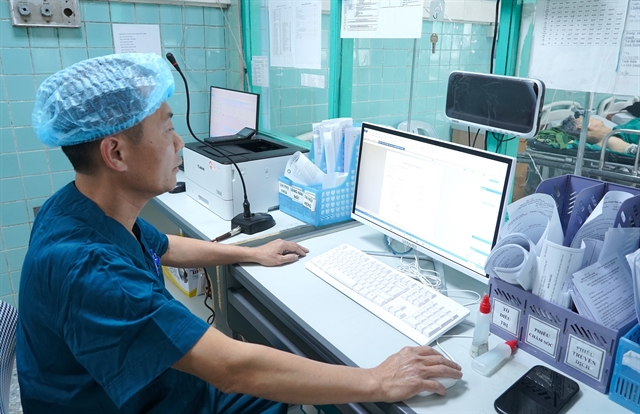
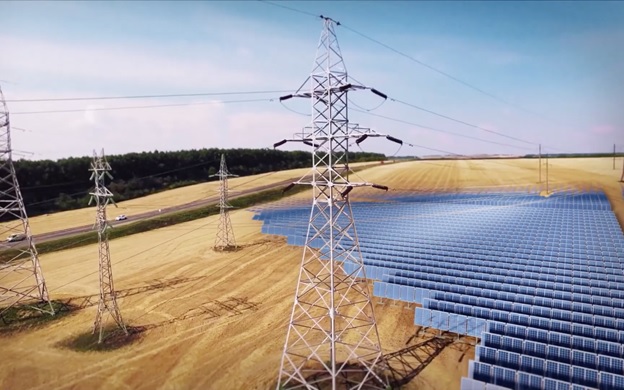
|
| A solar power system to produce clean energy. Photo courtesy of Unilever |
HÀ NỘI — As climate change poses real threats to the global ecosystem as well as socioeconomic sustainability, Unilever Vietnam has set out a range of targets and courses of action to take the lead in the fight against climate change.
One of the main causes of climate change is carbon emissions from manufacturing and business activities, resulting in the greenhouse effect which leads to a rise in the Earth's temperature.
As a pioneer in sustainable development, Unilever Vietnam aims to reduce operational emissions in absolute terms (Scope 1 & 2) by 70 per cent, against the 2015 baseline, by 2025 and 100 per cent by 2030. In long term, the company heads to the Carbon Net Zero Value Chain (Scope 1, 2 and 3) by 2039.
To that end, the company has begun to leverage innovation and technology, switching from fossil to renewable and clean energy through the substitution of biomass fuel and solar power. Notably, all damaged pallets, shredded paper and rice husks are recycled into clean biomass wood pellets for boiler use, replacing diesel fuel.
Additionally, the company has added the IREC-certificate to all power sources in Unilever’s factories and officers, indicating that carbon emissions from electricity-consumed activities are carbon-positive. It has also replaced old cooling systems in the factories with the ones that use solvents that don't harm the ozone layer.
With such great efforts, Unilever Vietnam has reached the goal of net-zero carbon emissions nine years ahead of target. It has managed to reduce nearly 9,700 tonnes of CO2 per year and become a pioneer in the transition from diesel oil to biomass fuel.
“More than 75 per cent of the carbon footprint in Unilever Vietnam's supply chain derives from input materials and outsourced activities. Therefore, achieving the net-zero carbon emissions target requires working together. In fact, there are solutions that cannot be implemented by one business or organisation alone, but cooperation can. This is also the message that we want to convey to our partners and solution providers and call for your participation”, said Pham Manh Tri, Supply Chain Vice President of Unilever Vietnam.
Specifically, the company held a ceremony on May 25 signing the memorandum of understanding cementing cooperation with many big names, including Crown, Linfox and Vinfast, in developing and implementing solutions to technology-based greenhouse gas emissions.
The cooperation is expected to allow the company to achieve the net-zero targets by 2039 and contribute to the Paris Agreement’s goal of keeping the rise in global temperatures well below 1.5 Celsius degrees. — VNS

